For more than a billion Muslims around the world, celebrations for the holy month of Ramadan began this week.
In observance of Ramadan, Muslims abstain from eating and drinking from dawn to sunset to practice spiritual discipline and develop their relationship with God. Many Muslims also abstain from other activities such as smoking, sexual activity, chewing gum, and negative thoughts. Spending time with family and donating to charity are emphasized during the month.
The first day of Ramadan is determined by the sighting of the new moon, with fasting beginning the next morning. Ramadan is the ninth month of the lunar Islamic calendar, in which 12 months span 312 days, which is why Ramadan moves back 11 days each year. The exact dates are complicated and sometimes disputed. Local mosques often issue schedules based on local sunrise and sunset times for those who are fasting.
According to Islamic belief, Ramadan is the month when the first verses of the Quran were revealed to the Prophet Muhammad by God more than 1,400 years ago. Observing Ramadan is one of the Five Pillars of Islam.
There are exceptions for observance of Ramadan, including children under 13 who haven’t reached puberty, women who are menstruating, those who are ill, the elderly, pregnant women, breast-feeding mothers, and travelers. For those groups, fasts can instead take the form of donating money or food to those in need.
At the end of Ramadan (which is marked by the sighting of the crescent moon), Muslims celebrate the Eid al-Fitr (“festival of breaking the fast” in Arabic) holiday. During a three-day celebration, gifts are often exchanged. In 2019, Ramadan will end for most on Tuesday, June 4th.

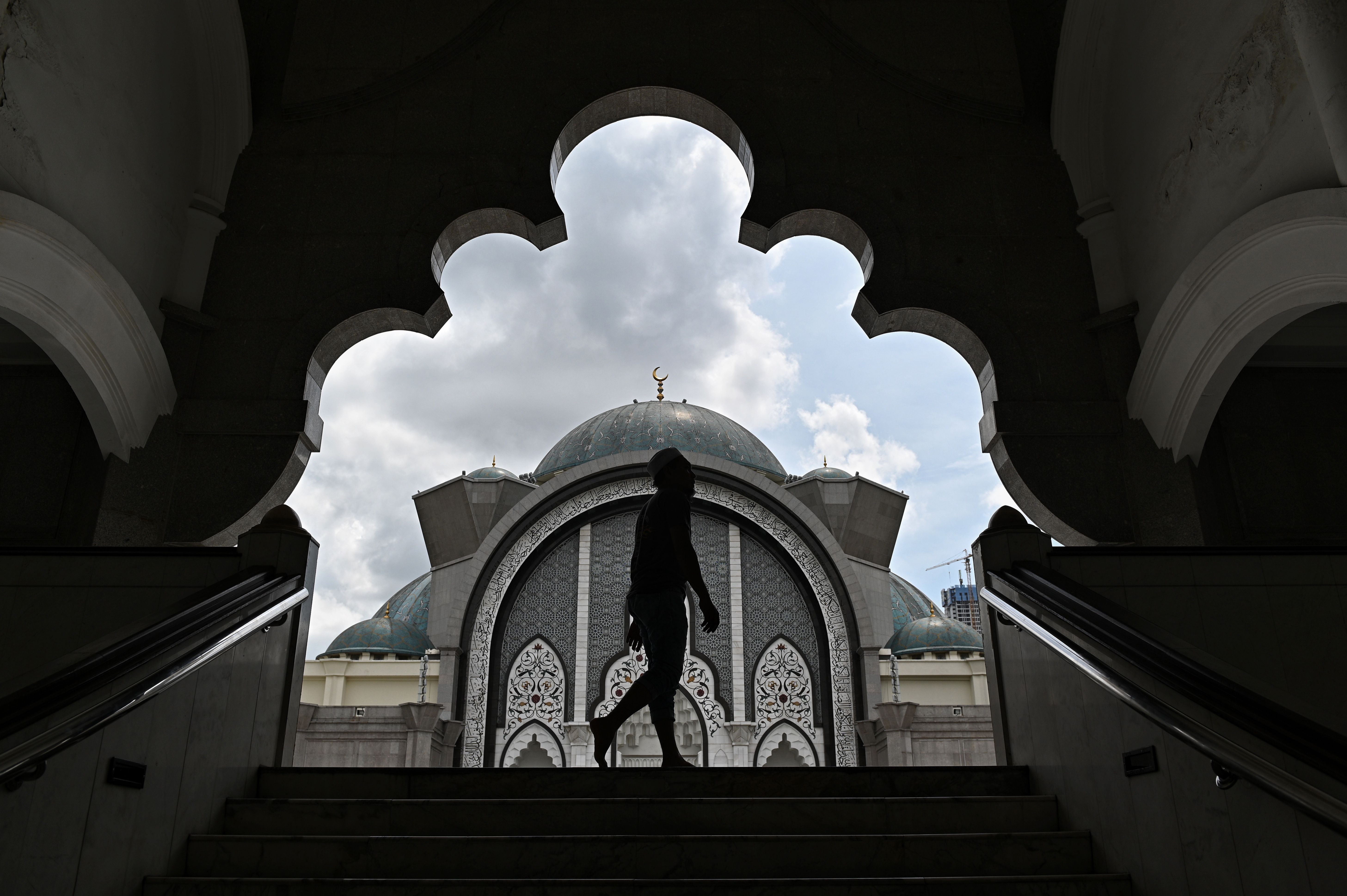
(Photo: Mohd Rasfan/AFP/Getty Images)
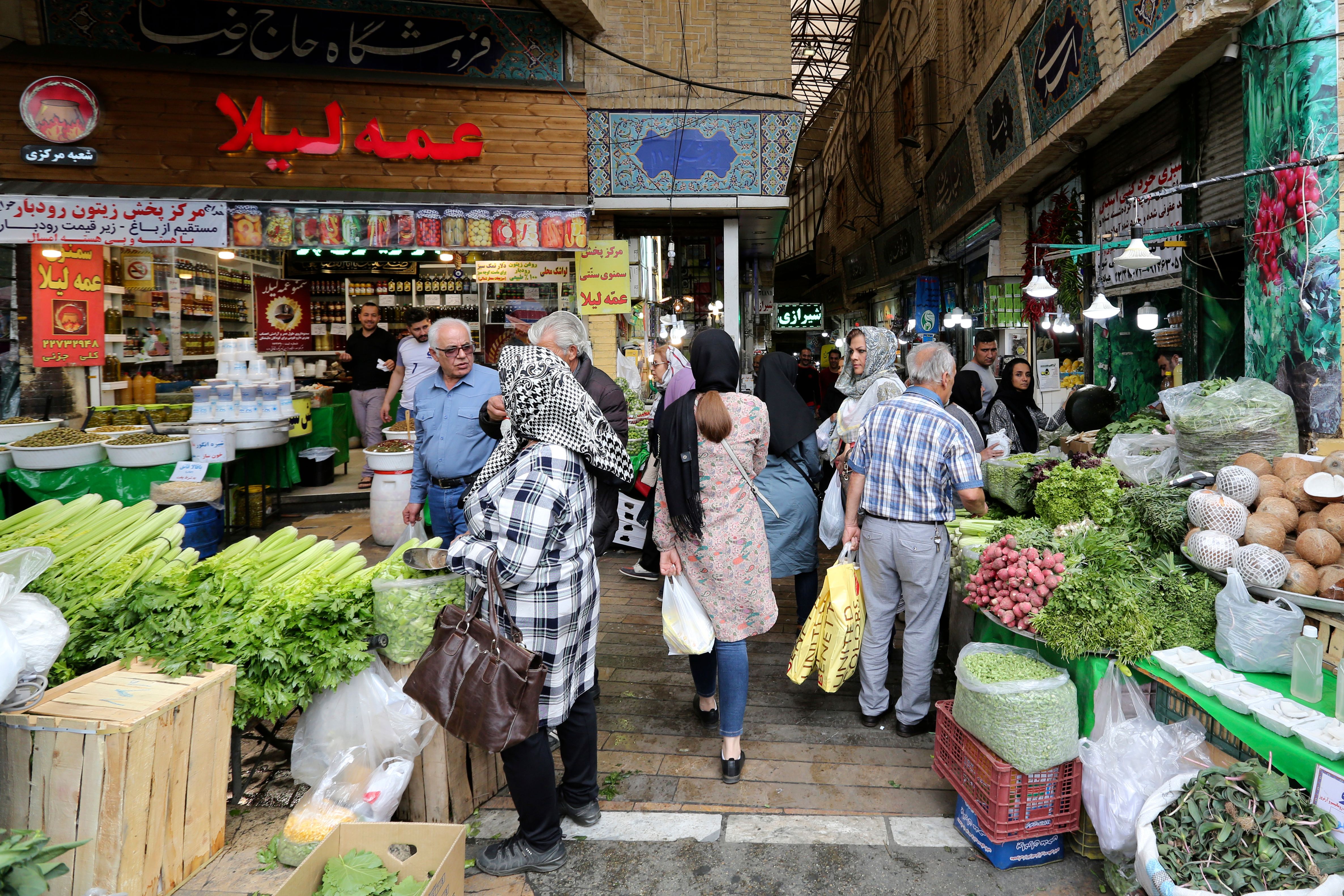
(Photo: Atta Kenare/AFP/Getty Images)
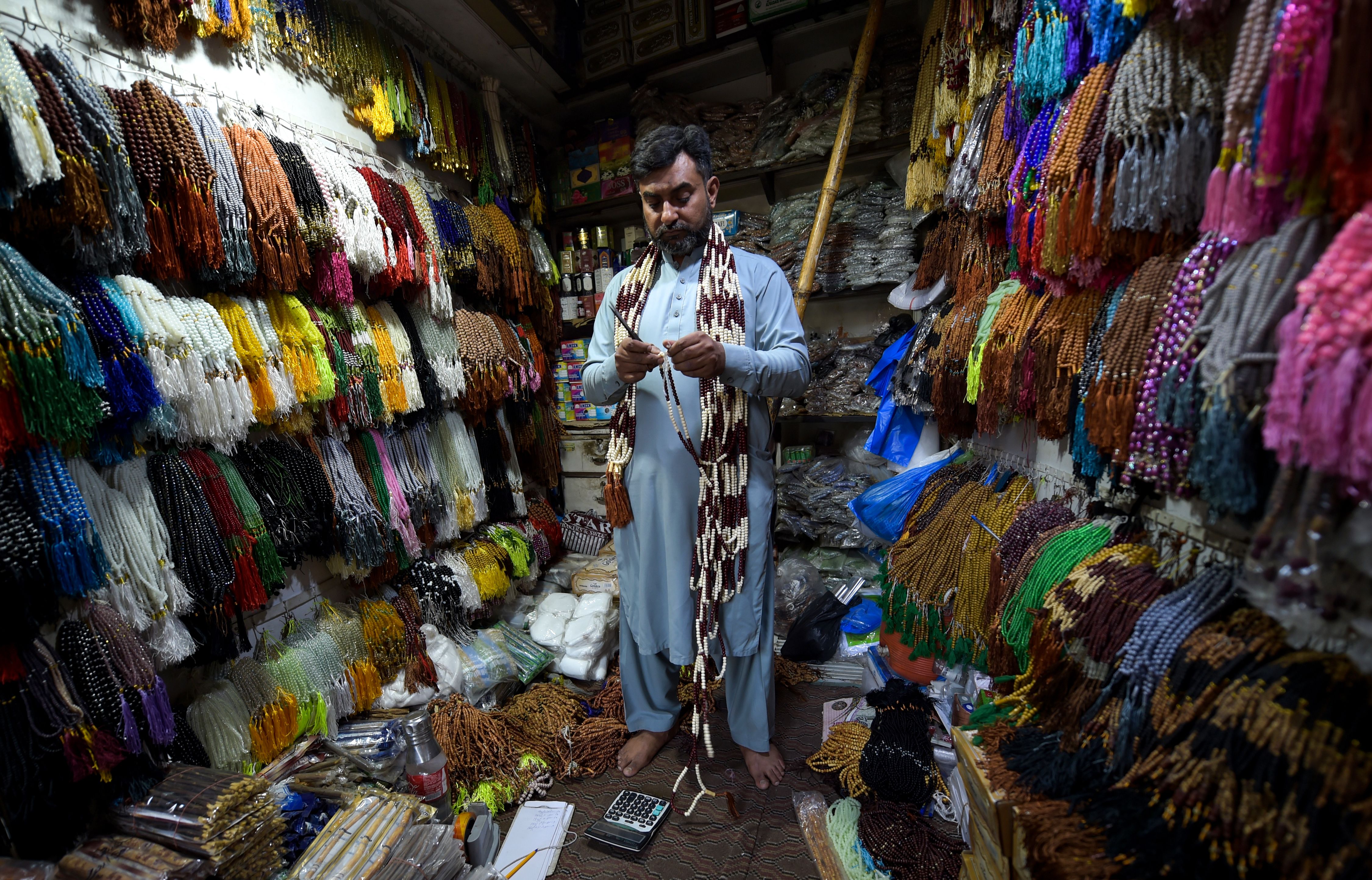
(Photo: Abdul Majeed/AFP/Getty Images)
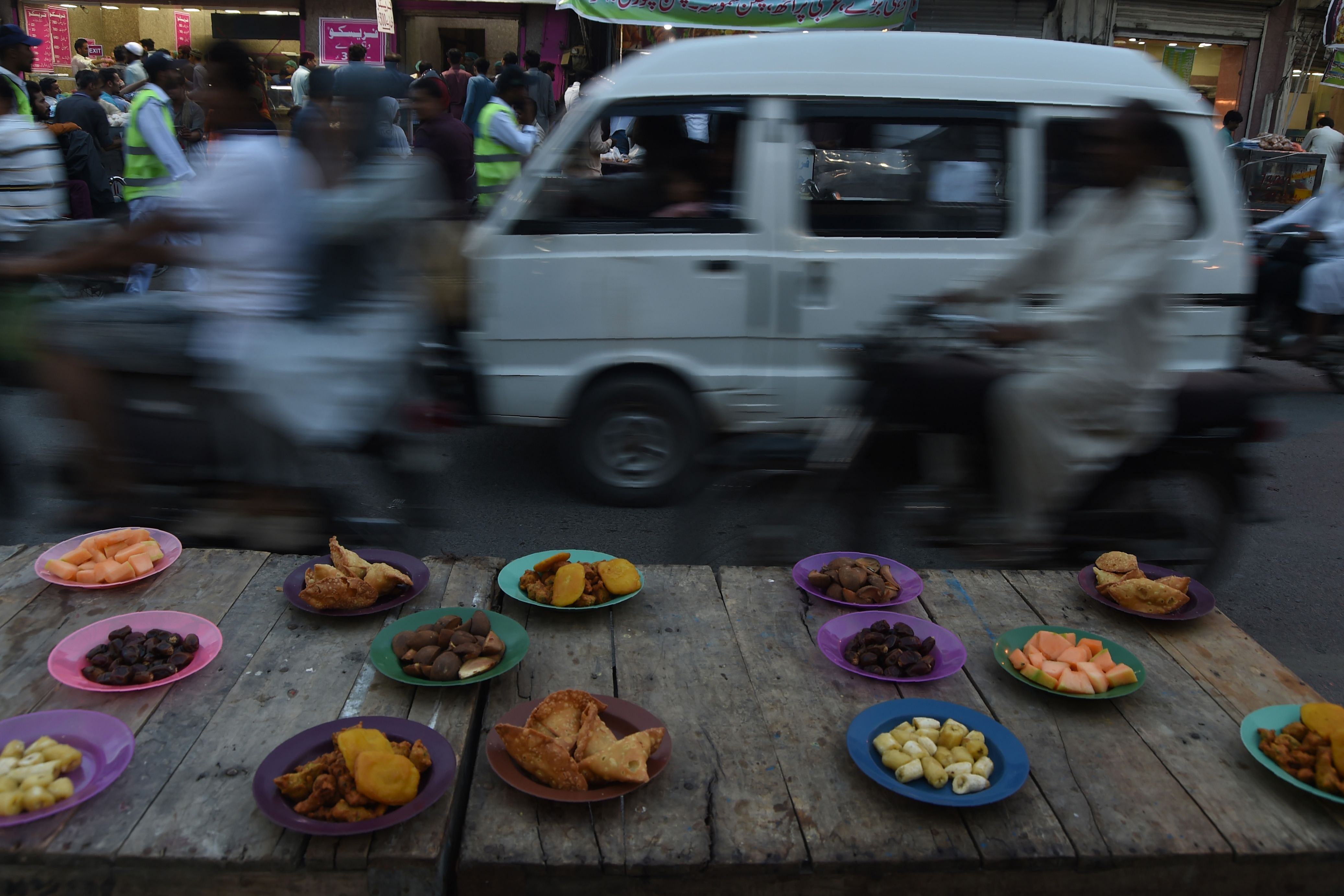
(Photo: Asif Hassan/AFP/Getty Images)
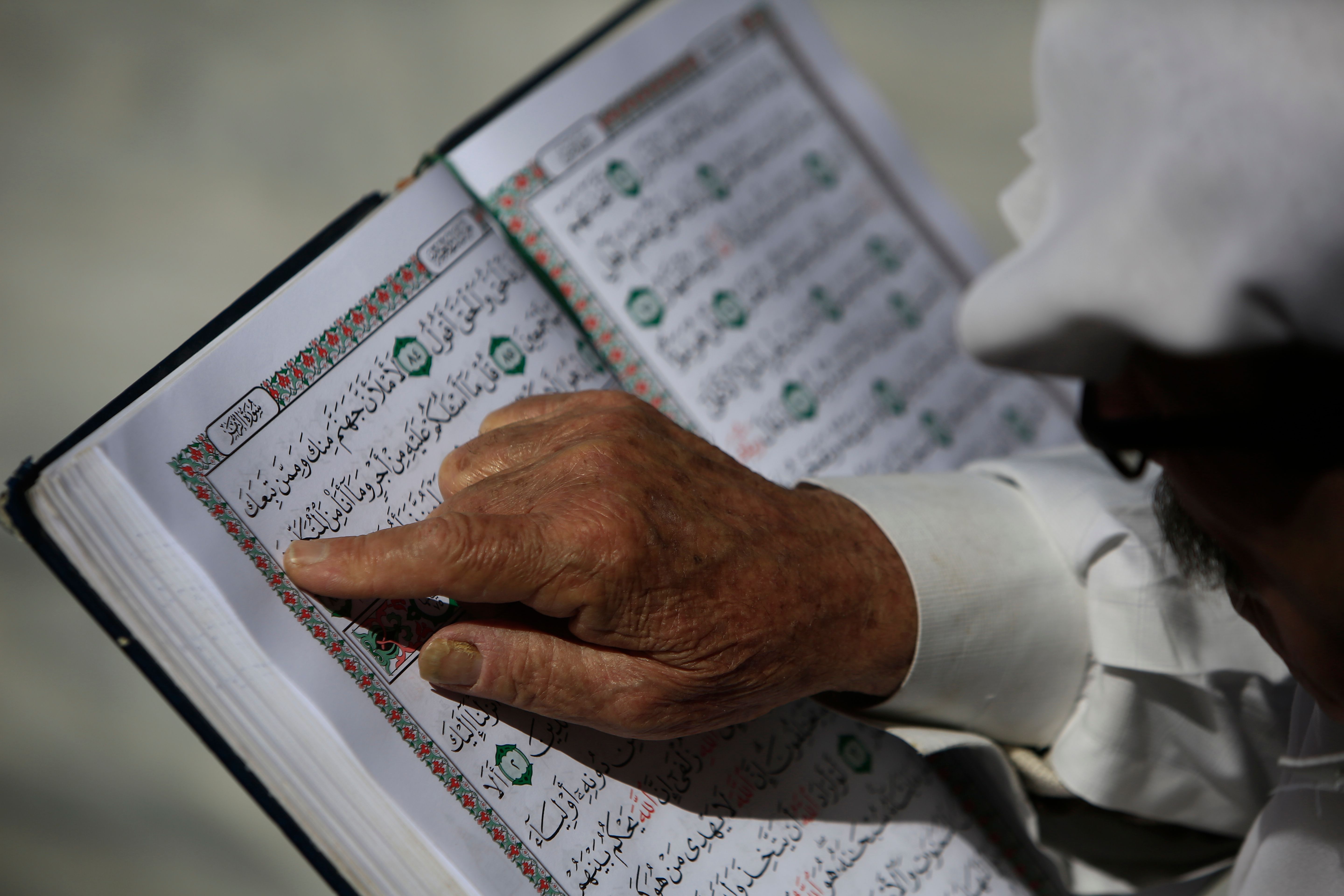
(Photo: Mohammed Abed/AFP/Getty Images)





